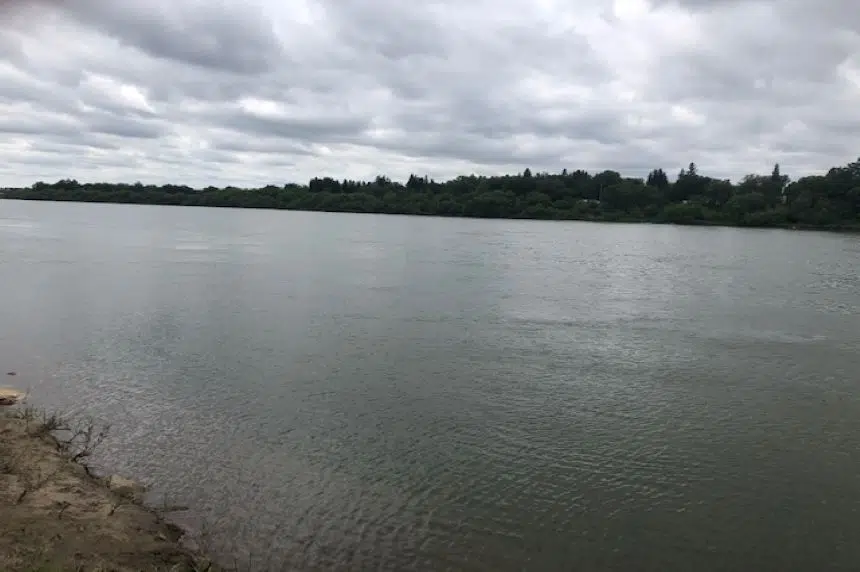The City of Saskatoon will work with the Hindu Society of Saskatchewan to approve a location where cremated remains of loved ones can be released into the South Saskatchewan River.
A report is to be presented at a later date.
At Monday’s meeting, Coun. Randy Donauer presented a motion requesting the possibility. He said there are two Hindu temples in his ward and the issue arose a few years ago, when there were one or two requests.
“I confirmed with the city solicitor that there’s no federal or provincial law prohibiting the release of cremated remains into the river,” he said.
At the society’s request, a letter was given to its members to indicate they were allowed to do so. Now there are more requests for remains to be released into the local river.
“As their community begins to age, this is something that may happen a little bit more frequently,” Donauer said. “And with COVID, there’s an issue now where travel is somewhat restricted. But even as it goes into the future, I think there’s a desire to say goodbye to their loved ones in Saskatoon, rather than flying back to India to do so.”
Donauer said the society is not asking for an exclusive spot, or one where other members of the public are prohibited from attending. Rather, it’s seeking a designated area community leaders can direct families to go to that is endorsed by the city.
Asit Sarkar spoke to council and said in many situations where people are saying the final goodbyes to family members, other family members from other parts of the province also come to Saskatoon.
“It is a symbolic and ritualistic act — you might say ‘closing the book’ by coming back to the Mother Earth, in this case the river, to thank Mother Earth for nourishing the life of our loved ones who have just passed. This is the meaning of this,” he explained.
In terms of location, Sarkar said any location from a riverbank would be appropriate. However, a place that’s quiet and secluded in order to say a quiet prayer would be ideal. He added the vision over time might include an area where trees or shrubs could be planted, in memory of loved ones.
“Benches could be provided for people to go … for quiet reflection,” he said.
He said now, rather than just the Ganges River in India, a flowing river anywhere could be considered sacred.
Donauer said during his discussions with the Meewasin Valley Authority, there may be some locations within the city or just outside of Saskatoon that may be quieter or more conducive to ceremonies to say goodbye to loved ones.











